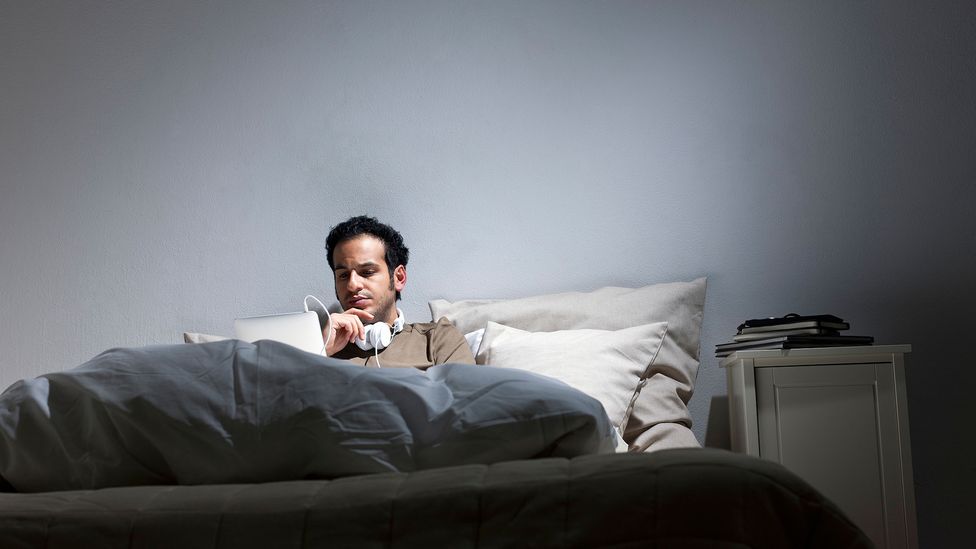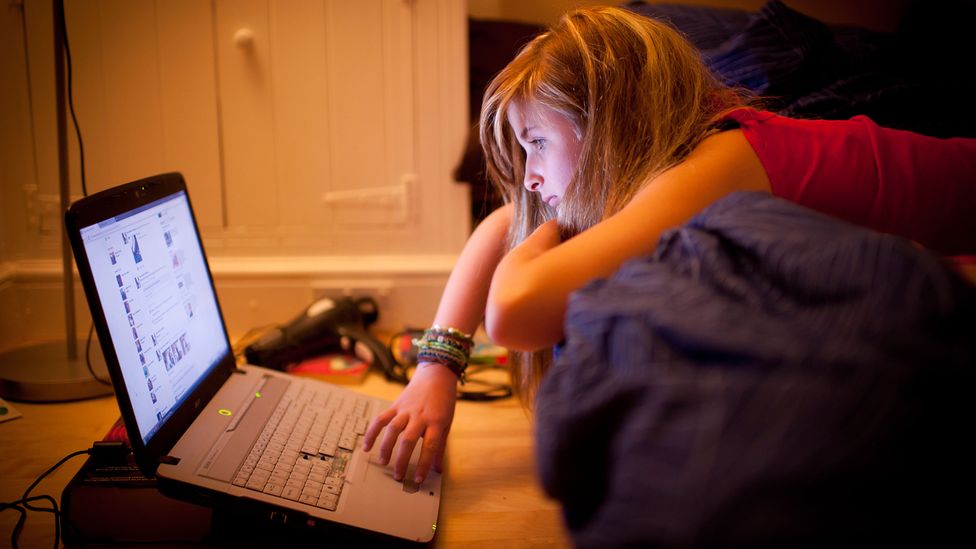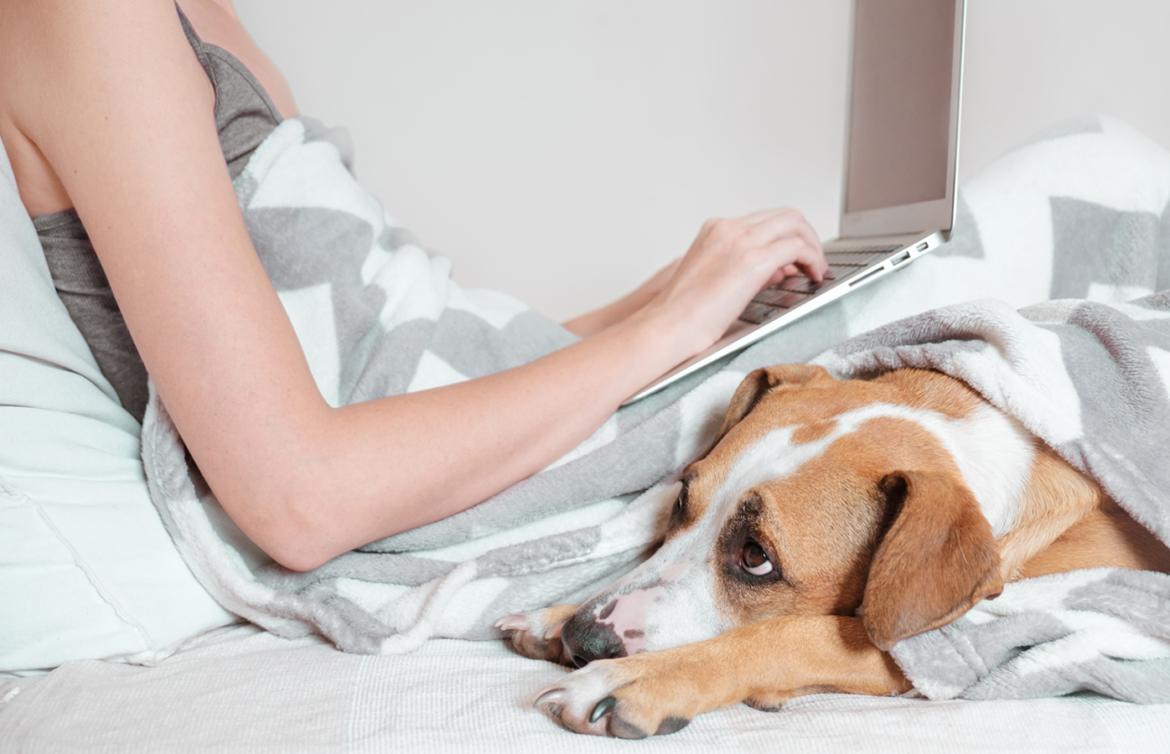“The allure of working from bed is strong – but turning your mattress into your office can trigger a slew of health problems, both psychological and physical.“

The following written content by Bryan Lufkin
For many people, working from home, or ‘WFH’, has also come to mean ‘WFB’ – working from bed. Getting dressed and commuting to an office has been replaced by splashing water on your face and cracking open a computer as you settle back under your blanket.
A staggering number of people are setting up shop on their mattresses; according to a November 2020 study, 72% of 1,000 Americans surveyed said they had worked remotely from their bed during the pandemic – a 50% increase since the start of the crisis. One in 10 reported they spent “most or all of their workweek” – 24-to-40 hours or more – in bed. This is especially true of young workers; in the UK, workers aged 18 to 34 are the least likely to have a proper desk and chair, and are twice as likely to work from bed than older workers.
But WFB isn’t just for lack of a proper chair – many simply love the cosiness and ease of the set-up. On Instagram, the #WorkFromBed hashtag pulls up thousands of photos, many of them featuring smiling people snuggled up in their pyjamas with cups of coffee, maybe even breakfast on a tray.
But the reality is that turning your bed into your office can trigger a slew of health problems, both psychological and physical. And even if you don’t notice them now, adverse effects – possibly permanent – could emerge later on in life.

Studying and doing homework from bed is bad, too, and working on a bed while lying on your stomach can be especially bad for your body (Credit: Alamy)
Ergonomic nightmare
It’s important to acknowledge that working from home is a privilege that isn’t afforded to hundreds of millions of people. Plus, for some remote workers, space for a full workstation just isn’t available, meaning working from bed may be their only choice.
Young people are particularly likely to fall victim to these bad habits, because they may not feel the strain of them right away
Still, for others, it’s the easiest option and the path of least resistance. (Motivation is an all-time low during the pandemic, after all.) People may have a desk or a kitchen table to place their computer on – they just choose not to. Read more from BBC Remote Control.





